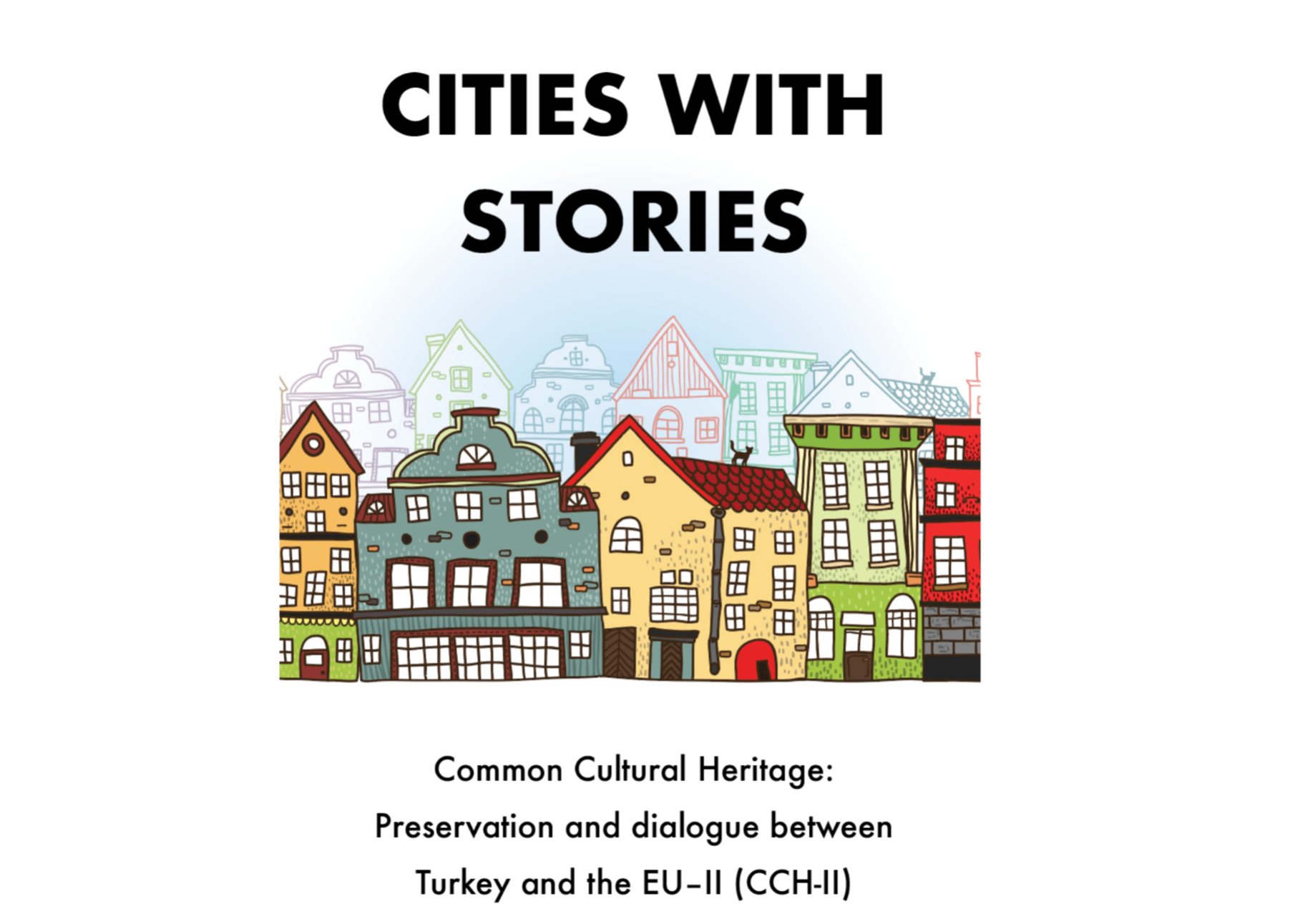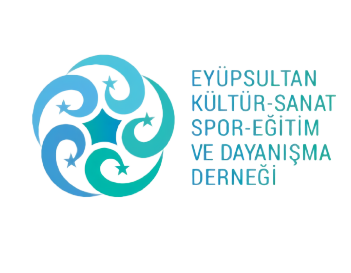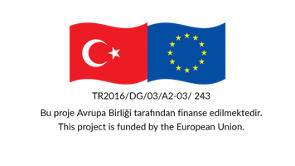
Cities With Stories
Project Number: TR2016/DG/03/A2-03 EuropeAid/167523/ID/ACT/TR
Timespan of the Project: 03/2021 – 05/2022
Project E-mail: info@ceipes.org
Financial Program: Grant Scheme for Common Cultural Heritage: Preservation and dialogue between Turkey and the EU-II (CCH-II)
Objectives
The main objective of this project is to strengthen the dialogue between Turkey and the EU via the children’s stories about concrete and intangible cultural heritage, and to provide different cultures to meet with storytelling. The specific objectives of this project are to enable the children to create stories about their cultural heritage which belongs to two different cultures, and share them for encouraging peer to peer teaching, improving their vision of cultural emphasis.
Activities
- The first group of activities will focus on project team building and formalizing the Historical Storytelling Curriculum in EU level.
- The second group of activities will focus on a pilot implementation for cultural dialogue supporting the storytelling of Turkish and Italian educational system in Eyupsultan and Palermo.
- The third group of activities will focus on creation of a sustainable network and online tool infrastructure in the first step between Turkish and Italian Children about the storytelling based on tourism.
Results
- Common training storytelling curriculum will be developed between Turkey and Italy based on Storytelling
- 50 Hours online and group storytelling and tourism trainings will be realized for 200 children.
- An online tool will be created which provides story archive, online storytelling trainings and creation of a sustainable network.
- At least 200 stories and podcast will be uploaded to online tool about Common World Heritages in 3 languages (Italian, Turkish, English)


Funded by the European Union. Views and opinions expressed are however those of the author(s) only and do not necessarily reflect those of the European Union or the European Education and Culture Executive Agency (EACEA). Neither the European Union nor EACEA can be held responsible for them.
